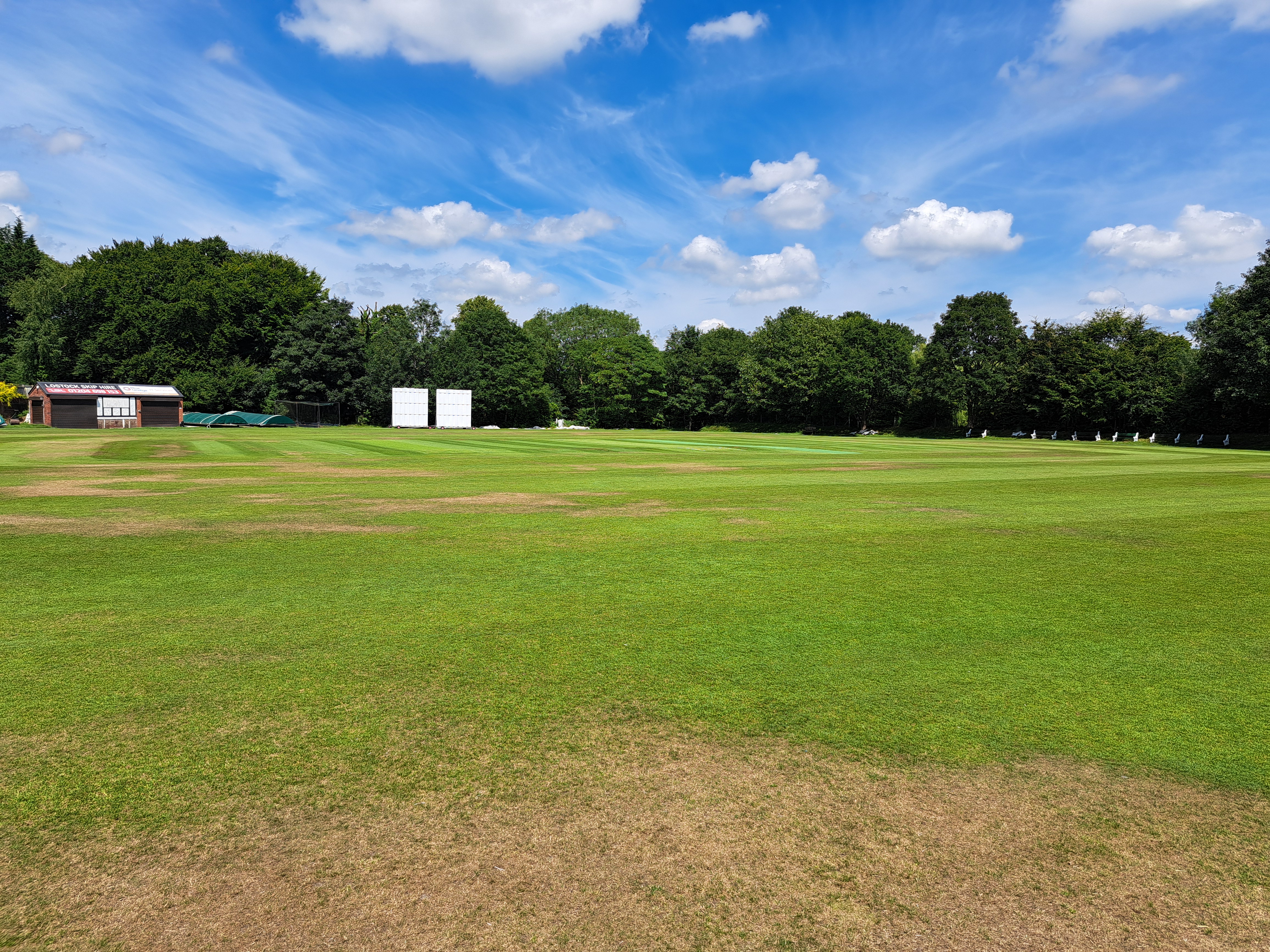Fun Cricket Facts
A few fun facts about cricket!
18 Nov 2025

🕰️ Historical & Marathon Matches
- The Longest Match: The longest recorded Test match was between South Africa and England in Durban in 1939. It was a "Timeless Test" (meaning it was scheduled to be played until a result was achieved), but it had to be abandoned after 10 days (sources vary, some say 9 or 12/14, but 10 days of play is generally cited) as the English team had to catch their ship home! The match ended in a draw.
- The Original Bat: Early cricket bats were not flat. They were curved, resembling a modern hockey stick, designed to handle the underarm deliveries that were bowled at the time (before bowlers started pitching the ball).
- An Olympic Sport (Once!): Cricket has only featured in the Olympics once, at the 1900 Paris Games. Great Britain defeated France.
🏏 Weird Ways to Get Out
- The 'Diamond Duck': Worse than a 'Golden Duck' (out on the first ball faced), a 'Diamond Duck' is when a batter is dismissed without facing a single ball, usually by being run out or 'timed out' (the next batter taking too long to arrive at the crease).
- Timed Out: A batter can be given out if they take more than three minutes (this can vary by tournament/format) to get to the pitch after the previous batter is dismissed. It's incredibly rare!
- The 'Nelson': A score of 111 (by a batsman or a team) is superstitiously known as a "Nelson" and is considered unlucky by some. Superstitious players may lift one or both feet off the ground when the score hits 111 (or multiples like 222 or 333) to ward off the bad luck.
🤯 Incredible Records
- The Unbeatable Average: Sir Donald Bradman, the legendary Australian batter, has the highest Test batting average in history: 99.94. If he had scored just four runs in his final Test innings, his average would have been a perfect 100.
- Fastest Ball: Shoaib Akhtar from Pakistan is widely credited with bowling the fastest ball officially recorded in international cricket, reaching a speed of 100.23 mph (161.3 km/h) during the 2003 World Cup.
- First Third Umpire Decision: The first batsman to be declared out by a third umpire (using TV replay technology) was India's Sachin Tendulkar in 1992.

